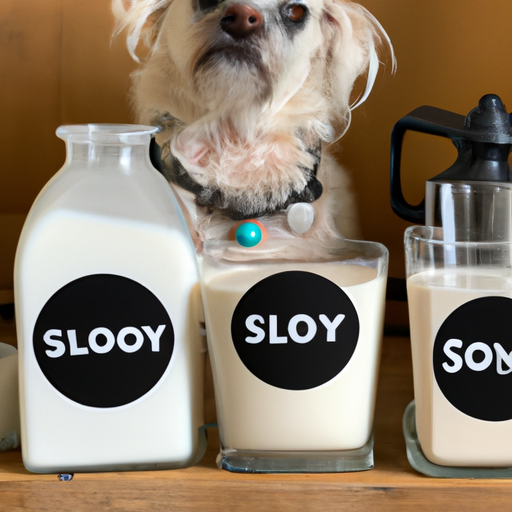A Caregiver’s Guide
As a devoted caregiver, you’re likely the type of person who wants their furry friend to be as happy and healthy as possible. You might have pondered the question: “What kind of milk can dogs drink?” Let’s dive into this query in detail.
The Truth About Dogs and Cow’s Milk
You might think that since puppies drink their mother’s milk, it’s safe to give them cow’s milk. However, this is a common misconception. Many dogs are lactose intolerant, which means they have difficulty digesting lactose, a sugar found in milk and dairy products. This can lead to gastrointestinal problems, including diarrhea and vomiting. Therefore, it’s best to avoid giving your dog cow’s milk.
Dog-Friendly Milk Alternatives
If you really want to give your dog a milk-like treat, there are some dog-friendly alternatives:
- Goat’s Milk: Easier for dogs to digest than cow’s milk.
- Lactose-Free Milk: Specially formulated to remove lactose, making it safe for dogs.
Remember, these should be given in moderation and are not necessary for a dog’s diet.
Nutritional Needs of Dogs
You might be wondering why dogs can’t drink milk if it’s full of nutrients. The truth is, dogs have different nutritional needs than humans. Here’s a comparison of what humans and dogs need:
| Nutrient | Humans | Dogs |
|---|---|---|
| Protein | 10-35% | 18-25% |
| Carbs | 45-65% | 14-30% |
| Fats | 20-35% | 25-35% |
As you can see, dogs need a different balance of nutrients, which they get from their diet of dog food and treats.
Frequently Asked Questions (FAQs)
Q: Can puppies drink cow’s milk?
A: No, puppies should only drink their mother’s milk or a specially formulated puppy milk replacer.
Q: Is goat’s milk safe for dogs?
A: Yes, but it should be given in moderation and not as a replacement for meals.
Q: Can I give my dog lactose-free milk every day?
A: It’s not necessary for their diet and should only be given as a treat.
Q: Are there any dairy products that dogs can eat?
A: Yes, some dogs can tolerate small amounts of plain yogurt or cheese, but these should only be given as occasional treats.
Remember, when it comes to your dog’s health and nutrition, it’s always best to consult with your vet before introducing any new foods into their diet. After all, your dog’s well-being is a testament to your dedicated care, and a healthy dog is a happy dog.



